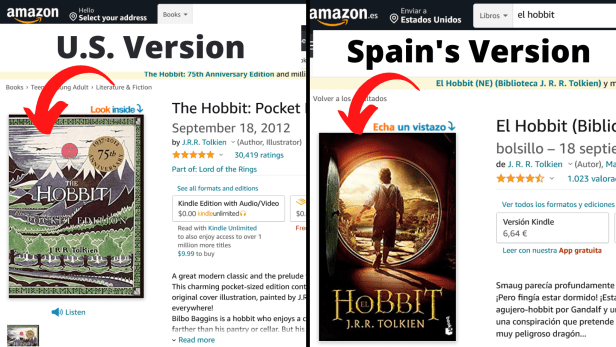
It’s a subject most self-published authors avoid and I don’t blame them, translating a book seems complicated as well as expensive. It’s murky territory, where we’re flying blind because we don’t speak the language. I mean could you imagine embarrassing yourself in another country? So out of fear we indies stay put in the shallow waters too terrified to dip our toes in the deeper parts of the pool. Well, I’m grabbing my poodle noodle and floaties and I’m diving in.
Before I go on, I’m not discussing selling your foreign rights, that’s a completely different issue which I’ll discuss next week. Today, I’m simply discussing translating your book and all the things that come along with it.
You’ll Need Two People To Help You
First you’re going to need a translator, you can find these people all over the place. The more established (expensive) translators can be found at the International Federation of Translators as well as the American Translators’ Association.
Many (cheaper) freelance translators can also be found at Fiverr as well as Upwork. Now before you hire someone, please consider everything you’ll need to have translated. Believe it or not, it’s not only your book you’ll need to have translated. You’ll also need to translate the title of your book and any subtitles, your book blurbs, as well as your new Amazon author page. Here are some more things to consider translating as well:
• Newsletters. You do plan on capturing emails in your ebook, right?
• Social Media Posts
• Ads
• Interviews/ Blog Posts
• Website landing/sales pages
Once your book has been translated, now you’ll need to find a line editor who specializes in your language of choice. You can also find line editors at Fiverr, and Upwork as well.
Important Tip: When contracting this type of work out, make sure to discuss the terms of the rights of the translation. In some countries the translators own part of the rights of the translated version of your book, meaning they get a cut of the royalties, so be sure you’re clear in your contract about who owns what. However, if you’re smart, you can use this to your advantage and insist in your contract that if the translator owns part of the rights to your book, then they must help you with promotion. Hey, it’s only fair!
This is the more expensive way to translate your book however, long term it’s the most profitable. But there is another cheaper, way to translate your work…
Bablecube: The Poor Author’s Translator?
Babelcube is the only online website that I can find that offers translations services for no upfront fee. However, there is a catch, you must share royalties with the site as well as the translator. The split is 50% for the translator, 30% for Babelcube, 20% for the publisher (you). This means if you want to make big bucks off of your translations, you’ll have to price your book reasonably in order to get a decent cut of the profits. But there’s more…
There are issues that I find troubling with Babelcube. For one, you must keep your book on the market for 5 years as explained in their FAQs. (Click on the link that says Rights to the Translated Version of the Book) This is done so authors can’t grab free translations and skip town, leaving the translator broke. Also, Babelcube holds the distribution rights of your newly translated book for 5 years. This could be a huge problem with indies who are still shopping their work around to traditional publishers. Many publishers want you to own the rights before they’ll even think about purchasing a manuscript.
Another thing I noticed is that some authors upload their work to the site only to find that no one is interested in translating it. That could be because of genre or even a poorly designed cover, who knows? Ultimately, it is up to the discretion of the translators as to which project they’ll choose.
Reviews & Beta Readers
Now that you’ve gotten your book translated and uploaded, you’ll need reviews and beta readers. You can go to Goodreads or social media to find native readers who can give an honest review. Just type in the search engine something like: Spanish Literature, or just Spanish and click the genre option.
You May Have To Change Your Cover
Have you noticed that a book published by a company like Random House usually has multiple versions of their book covers for various countries? Hopefully, you made sure to get all rights to your book’s cover, right? If not, you may have to use a different cover for the translated version of your book.

Another thing to consider, are trigger happy censors in certain countries. Places like the Middle East, Asia and even Eastern Europe have some of the most notorious censors who won’t hesitate to ban a book whose cover they consider obscene or controversial. This affects those writing in the romance or erotica genres the most. Your best bet is to investigate the books in your genre in the particular country you’re targeting and see what’s acceptable, cover wise.
In Closing
I know I’ve given you a lot of information and it’s okay to feel overwhelmed. Take it slow and test the waters with one book then, expand gradually with your other work.
Anyway, if you found this post helpful please like and share.
Comments are closed.